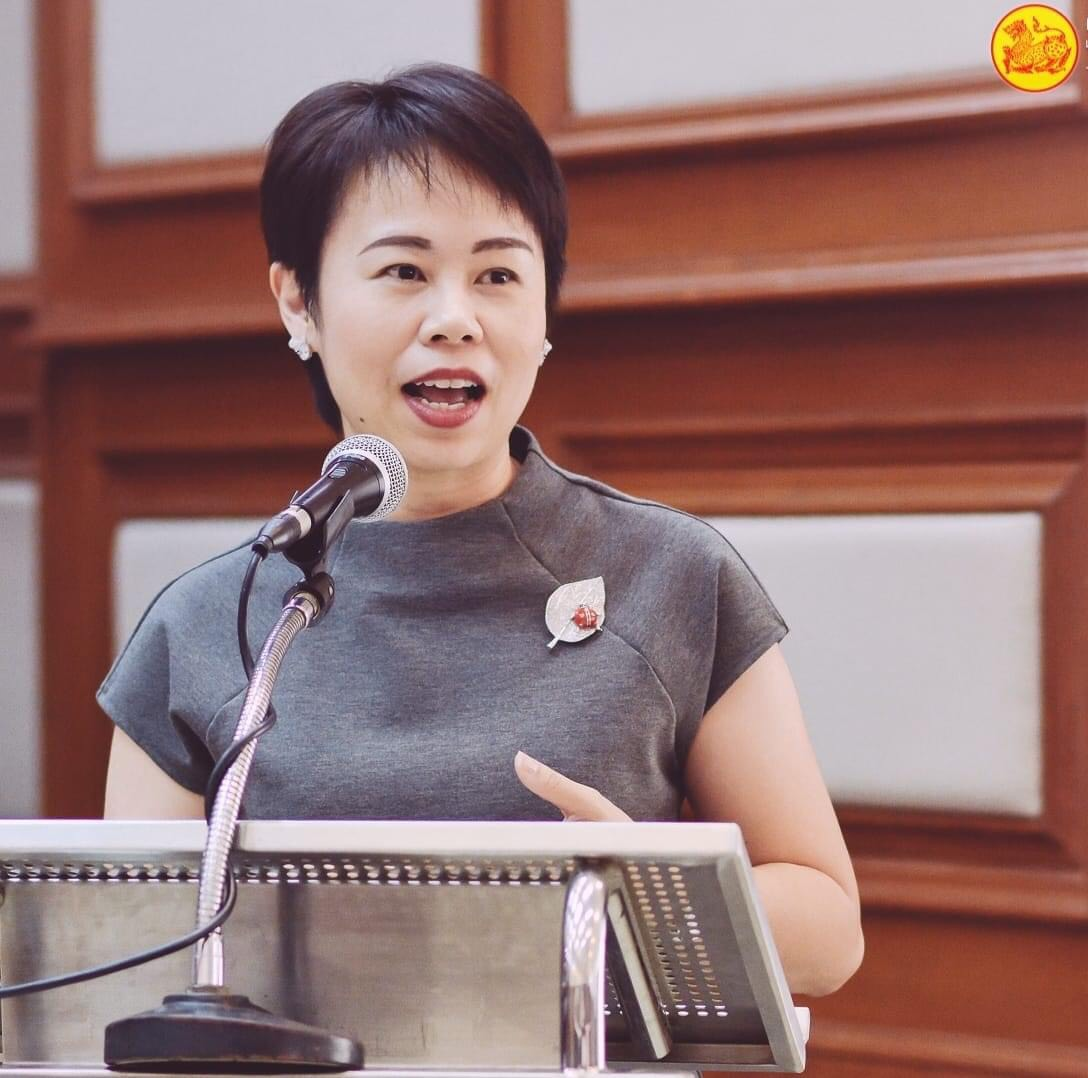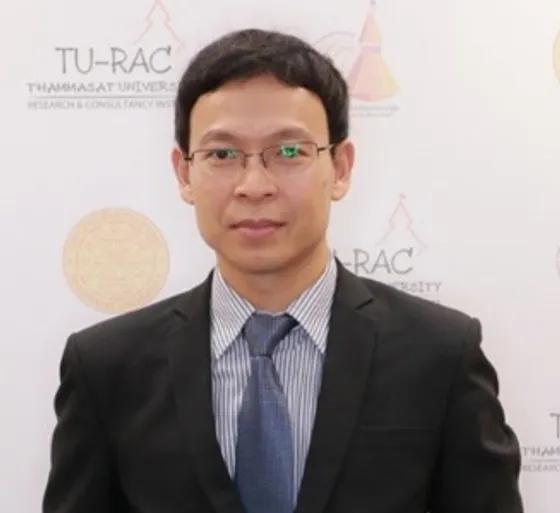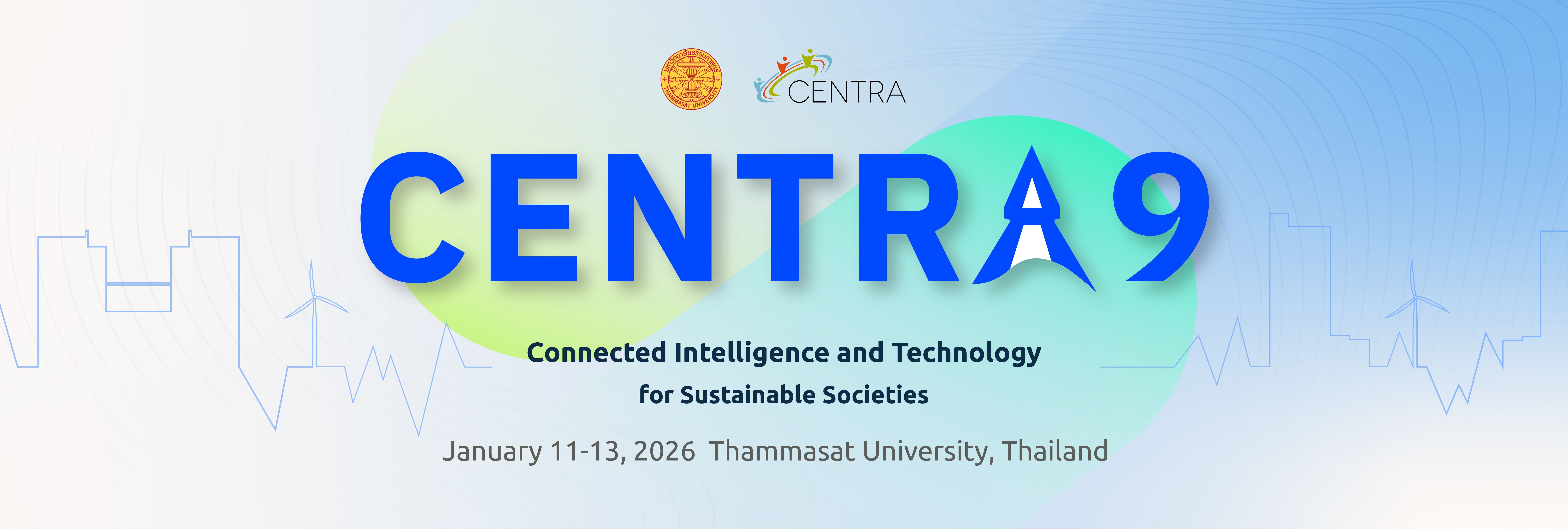Keynote

Keynote speaker 1: Dr. Tavida Kamolvej (Jan 12, 2026)
Deputy Governor of Bangkok
Dr. Tavida Kamolvej, Deputy Governor of Bangkok, is a leading Thai expert in disaster risk management and public policy. Formerly the Dean of Political Science at Thammasat University, she pioneered Thailand’s first disaster studies curriculum and has shaped national disaster risk reduction (DRR) policies for over two decades. Her work bridges academia and practice, emphasizing the “glocalization” of global DRR frameworks like the Sendai Framework into Thai contexts. Collaborating with organizations such as UNDP, UNDRR, and JICA, she has advanced integrated, cross-sectoral approaches to urban resilience. In her current role, Dr. Tavida leads efforts to strengthen Bangkok’s disaster preparedness, focusing on inclusive, data-driven strategies that empower local communities and support sustainable, resilient urban systems.
Talk Title: "Glocalizing Disaster Resilience: Integrating Global Frameworks into Local Action"
Abstract: In an era where disasters transcend borders, the challenge lies in effectively translating global resilience frameworks into actionable local strategies. Dr. Tavida Kamolvej, Deputy Governor of Bangkok and esteemed disaster risk management expert, brings a wealth of experience in bridging this gap. In her keynote, Dr. Tavida will explore the concept of “glocalization” in disaster resilience—adapting international frameworks like the Sendai Framework to fit local contexts. Drawing from Bangkok’s journey, she will share insights on fostering cross-sectoral collaborations, integrating academic research into policy-making, and empowering communities to build a resilient urban future. Attendees will gain a nuanced understanding of how to harmonize global strategies with local needs, ensuring sustainable and inclusive disaster preparedness and response.

Keynote speaker 2: Prof. Dr. Peerasak Paoprasert (Jan 13, 2026)
Associate Dean for Budget and Finance
Prof. Dr. Peerasak Paoprasert is a leading researcher in environmental chemistry and sustainable materials at Thammasat University’s Faculty of Science and Technology. His work focuses on developing advanced nanomaterials—such as carbon dots, metal oxides, and hybrid composites—for environmental sensing, wastewater treatment, and renewable energy storage applications. With a Ph.D. in University of Wisconsin-Madison, USA, he has made significant contributions to sustainable technologies, including high-performance supercapacitors, fluorescence-based detection platforms, and eco-friendly material synthesis from agricultural waste. His recent research explores data-driven and sensor-integrated environmental monitoring systems that align with emerging cyberinfrastructure frameworks for smart and sustainable infrastructure. Through both academic leadership and applied innovation, Prof. Peerasak continues to advance the integration of green chemistry with digital environmental intelligence.
Talk Title: "Carbon Nanomaterials for Environmental Sensing and High-Performance Supercapacitors: Toward Cyberinfrastructure-Driven Smart Systems"
Abstract: Advances in environmental chemistry and material science are redefining how we monitor, analyze, and manage pollution in real time. This keynote will explore the integration of carbon-based nanomaterials and cyberinfrastructure to create intelligent sensing systems for environmental applications. Prof. Dr. Peerasak Paoprasert will discuss his recent work on carbon dots, metal oxide nanostructures, and hybrid composites for fluorescence and electrochemical detection, wastewater treatment, and sustainable pollution control. In addition to sensing technologies, the talk will highlight the development of high-performance supercapacitors and other energy storage devices derived from eco-friendly nanomaterials, addressing the growing need for renewable and efficient energy solutions. The synergy between energy storage and environmental monitoring underscores how combining nanomaterial innovation with real-world problems can enable scalable, cost-effective solutions. By linking laboratory-scale materials research with digital infrastructure, this approach paves the way toward smart, green, and resilient systems that support sustainable urban development and informed policy decision-making.

